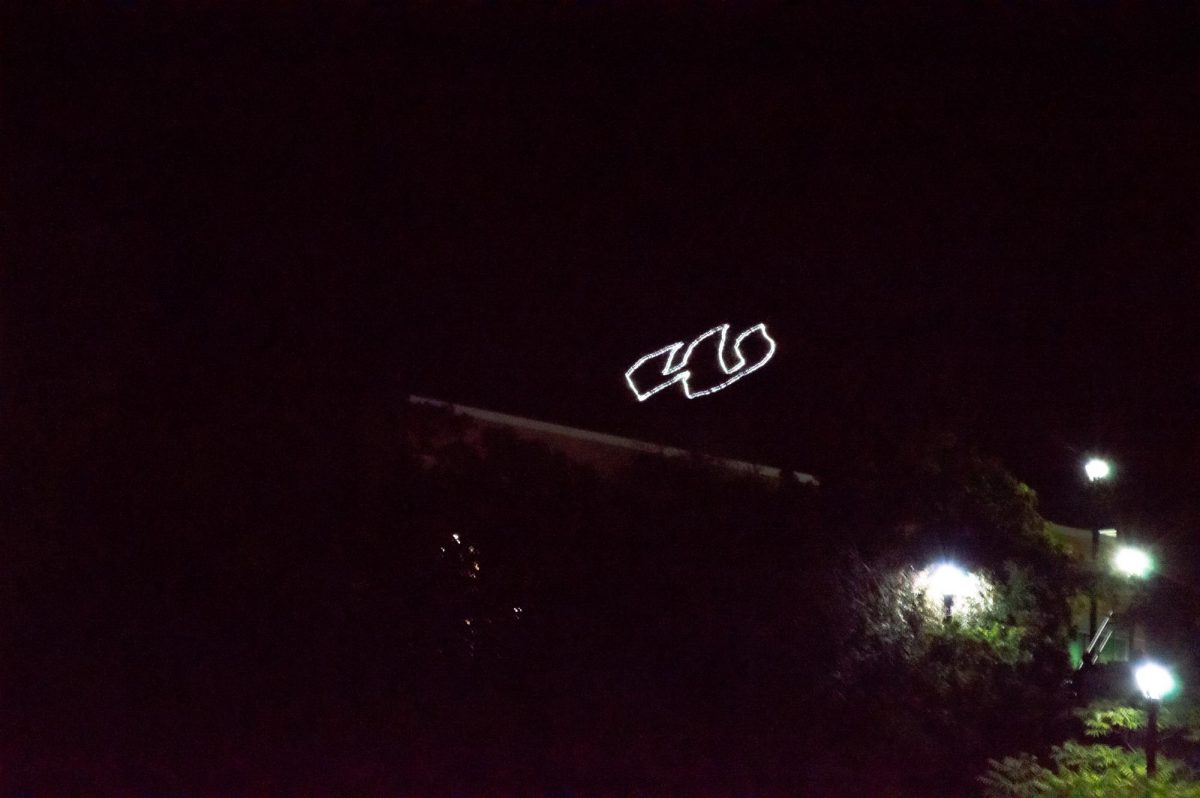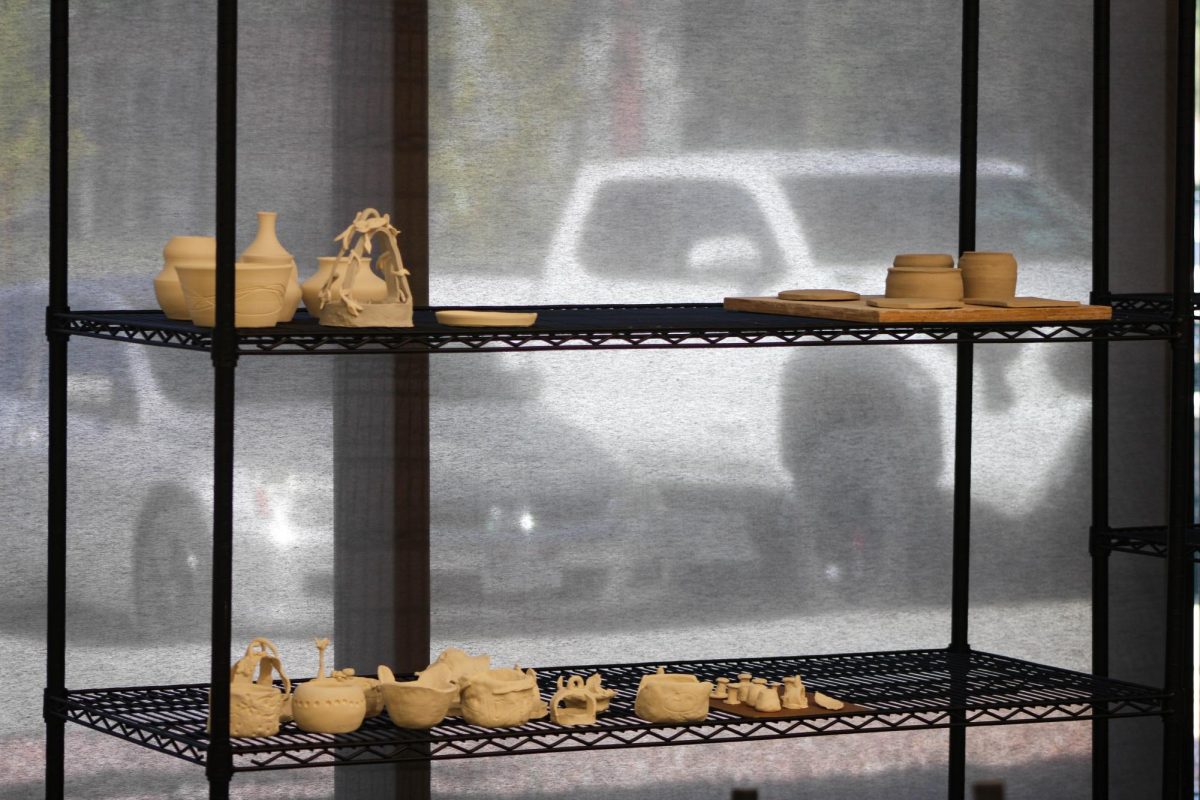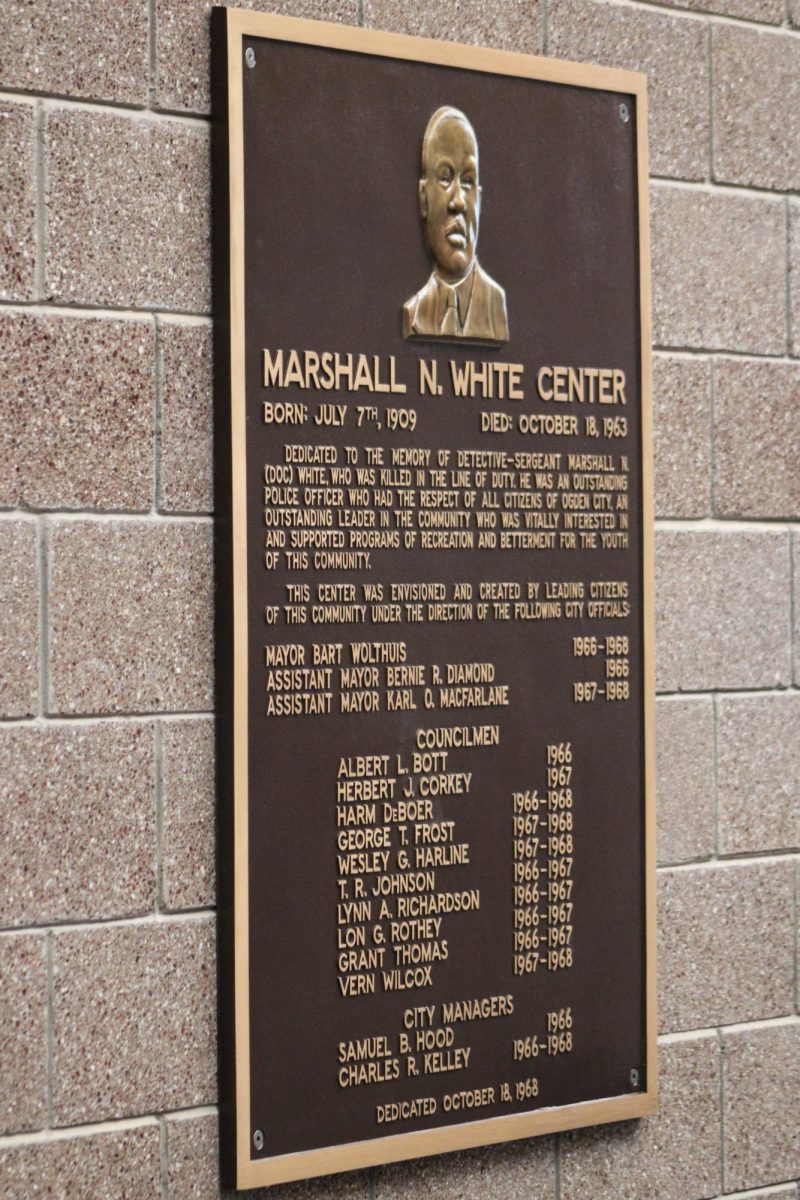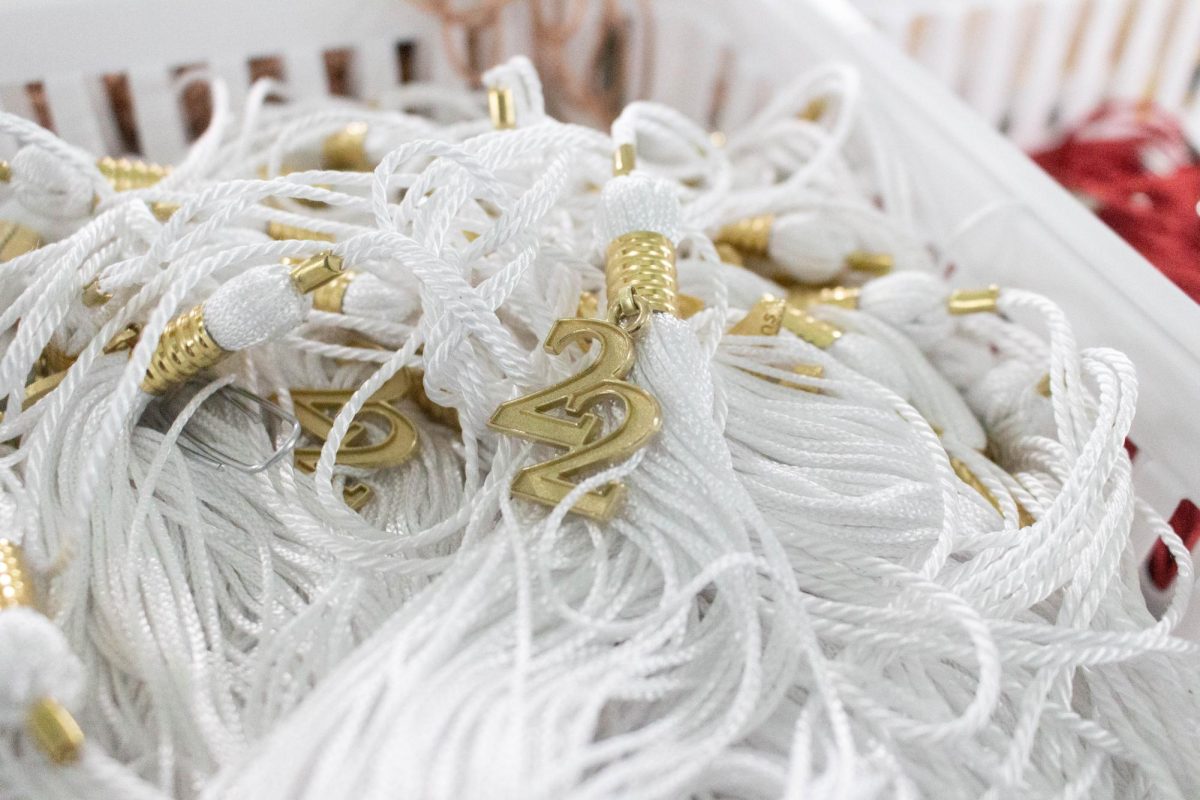
The water shortage is becoming more apparent each year. Ogden City just moved into Phase 2 of its water shortage enactment plan, and Weber State University wants its community to know it is also taking measures to help conserve the precious resource.
Phase 2 of Ogden’s plan is asking all residents and businesses to reduce their water consumption by 20 percent, which means turning their sprinkling time down by five minutes.
“When we conserve water, it is a benefit to all of us — especially when we have years like this last year and are facing difficulties next year,” said Ogden City’s public services deputy director and city engineer, Justin Anderson. “What we are facing, and you get a feel for this from all the other water agencies around, is it is going to take everybody doing their part.”
WSU sustainability specialist Jennifer Bodine said WSU’s indoor water plan has facilities maintenance upgrading every toilet and urinal on campus with low-flow WaterSense-certified fixtures (dual-flush toilets) and low-flow faucets and shower heads. Upgrades have already been made to the library and Swenson Gym, and Bodine said all fixtures are expected to be changed within the next three or four years. All new structures will be built with this technology.
“We typically look to beat code requirements by 35 percent,” Bodine said. “So whatever the consumption level is in code to the international plumbing code, we beat those by at least 35 percent on our water consumption inside buildings.”
Culinary water usage at WSU, which is water used inside buildings for drinking, washing dishes and cooking, totaled 70,000,000 gallons in 2001. In 2012, the total had dropped to 50,000,000 gallons. These numbers include the Ogden, Davis and West campuses. This decline can be attributed to the changes the facilities department has been making around campus to promote the green initiative, such as installing submeters to identify leaks, breaks and problems with water pipes more quickly. The department also asks all student and faculty to alert the Facilities Management Office if they see water being wasted or problems on campus.
In regards to secondary water that comes from Pineview and the Weber Basin, which is water used for outdoor necessities, WSU has modernized the campus irrigation system. It is now linked to a weather station, which help facilities to better monitor the water consumption or usage. The Lindquist Pond is a not just a pond, either; it is a storm water catch basin for all of the adjacent neighborhoods, and the university storm water is collected there.
“We actually get a credit from Ogden City for the fact that we are retaining storm water through the pond,” Bodine said. “We have the ability to pump water out of the pond and use it as an irrigation system.”
As of right now, the water shares WSU has with Pineview are up to 60,000,000 gallons a year. That number does not include the shares WSU has with Weber Basin. WSU is working to revamp the landscaping to help conserve water by using xeriscaping for all new projects, which uses less water by a significant amount.
Many of the grass areas on campus are not being used like they used to be for students to sit and eat lunch or study. A new plan is on the table to start changing all the landscaping to xeriscaping, Bodine said.
WSU’s sustainability department came into existence through WSU adopting the Climate Action Plan. The university made a goal to become carbon-neutral by year 2050. Carbon-neutral is defined as having a net-zero footprint by carbon offsets, carbon reduction, emissions management and sustainability.
Other actions WSU is taking to help with the green initiative include upgrading the lighting in all the buildings on campus to LED lights, which are high-efficiency fluorescence lighting with motion and on-off sensors, and all new building are being built Leed silver certified, a certificate given by the U.S. Green Building Council.
This week on Sept. 17, WSU will host Unleashing the Power of Free Enterprise for Clean Air & Energy. Conservative Bob Inglis, a former congressman, will discuss his principles for free enterprise and economic growth, limited government, and accountability in the Shepherd Union Sky Room (Room 404B), 3:30-4:30 p.m.
Another way students can get involved is to become environmental ambassadors and make a difference in WSU’s sustainability.
There are many ways students can help to save water, Bodine said, like by turning off the faucet when brushing their teeth or washing dishes. Students who have questions can call the sustainability or facilities management departments.
“Water is becoming a scarce source . . . and knowing that Utah is the second-driest state in the nation really puts water issues at the forefront of our concerns,” said Hanna Rice, a recent WSU geography graduate who now works for WSU in the Energy Assisting Ability Office. “If students took a more active role in bringing attention to water issues, then Weber State would do even more to conserve water and promote energy conservation.”



















